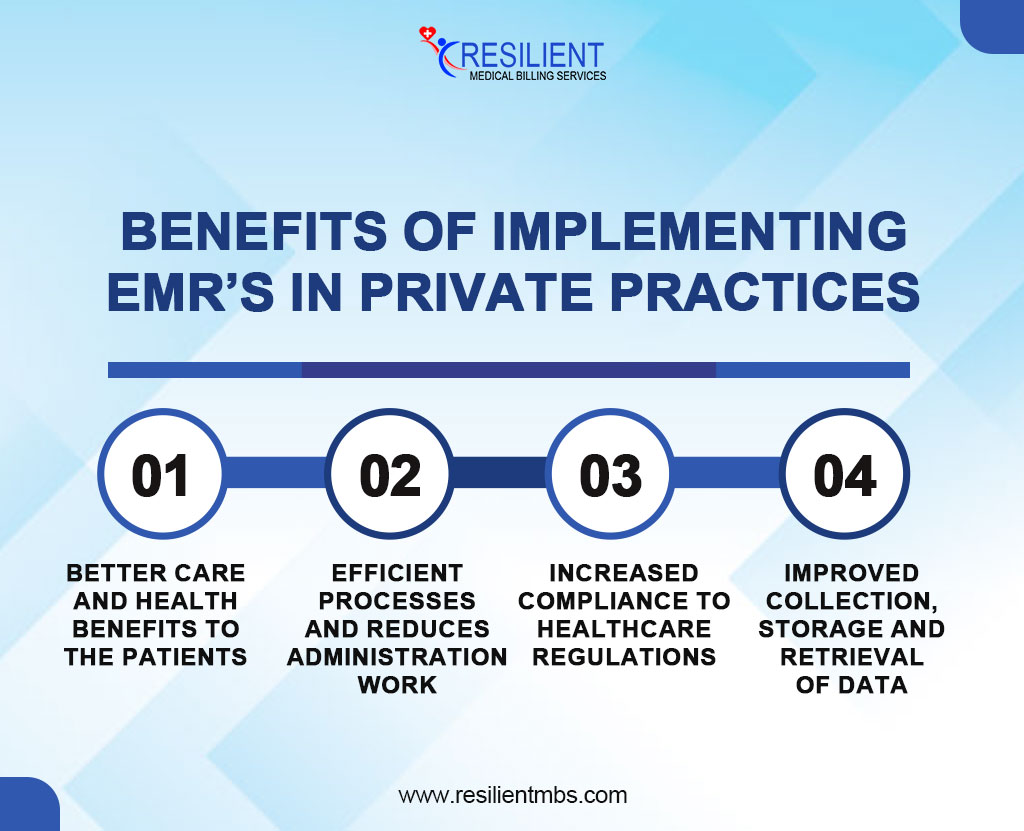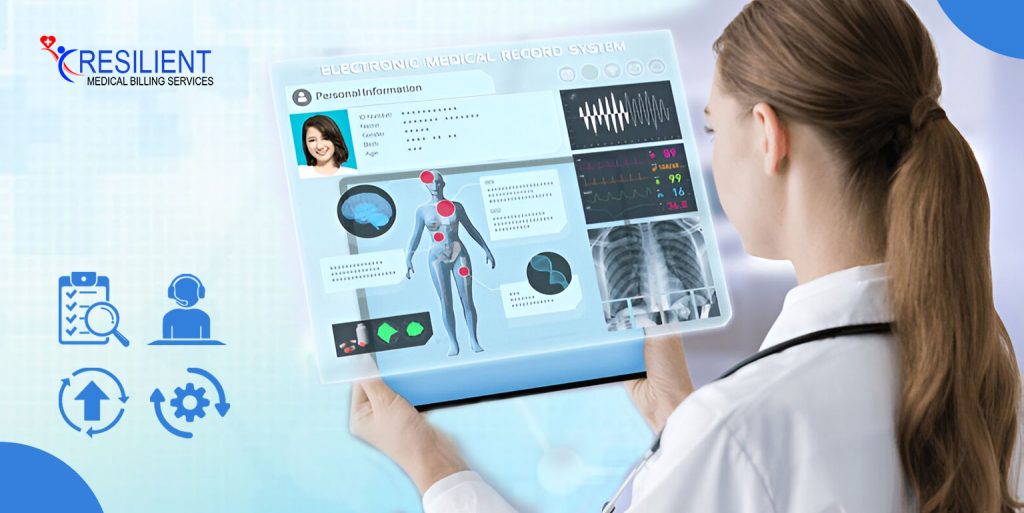Developments in the healthcare sector are happening rapidly so it is vital to focus more on the precision and speed of the processors currently. The healthcare method, EMR system in healthcare, Electronic Medical Record has revolutionized the way health care organizations manage patient information.
By 2023, the Office of the National Coordinator for Health Information Technology stated that 86% of office-based doctors and 95% of hospitals in the United States adopted use of EMRs’. It is the digital spine of current developments in health care because it encompasses all information related to a patient.
It is more convenient to store records and locate them, as well as modify records with one single hub. Research has found out that EMRs are safe to patients and they reduce prescription errors by half. Communication and processing that are enhanced in EMRs result in faster and accurate care as well as higher impacts on patients’ retention.
What is the EMR system in healthcare, their types, advantages for private practices with corresponding disadvantages in terms of financial and operations will be the main subject of this blog post.
EMR System in Healthcare
An Electronic Medical Record (EMR) system is a digital repository that stores a patient’s medical history, diagnoses, treatment plans, medications, allergies, and test results. It allows healthcare providers to access and update patient records efficiently, eliminating the need for paper charts and physical storage.
Difference Between EMR and EHR
Sometimes, EMR and EHR are used to mean the same thing, but they are meant to do different things. EMRs keep track of medical information for one provider or location. By sharing patient data, EHRs make it possible for clinicians and healthcare settings to work together. By knowing this difference, private centers can pick the best healthcare EMR system.
Types of EMR Solutions
There are two main types of EMRs in private practices. All of them have good and bad points. Cloud-hosted EMR systems can be accessed from any device with an internet connection. They help practices grow because they are easier to start up and have room to grow. The vendor takes care of protection, maintenance, and upgrades, which frees up IT staff.
On-premise EMR systems are kept on the PCs in the office. This way gives you more control over data storage and security for activities that need to be customized or kept safe. It costs more to maintain, buy hardware, and run software for on-premise systems. This depends on the size of the practice, its income, and its operational goals.
Benefits of Implementing EMRs in Private Practices

EMRs have changed how private practices handle patient data and how they care for their patients. By moving to digital technology, practices can get more done and make patients happier.
1. Better Care and Health Benefits to The Patients
EMRs give physicians full-view digital records of a patient’s health records, such as medical, allergies, and treatment histories. This accessibility can help the health care provider in decision making, eliminating mistakes and increasing safety for the patients. Moreover, when implemented well EMRs support the sharing of information from one care giver to the other and hence continuity of care.
2. Efficient processes and Reduces Administration Work
Challenges which affect individuals operating private practices are general time constraints by tasks like scheduling services and billing. Most of these activities are accomplished through EMRs to relieve time for healthcare providers and staff to provide service to patients. Tools such as appointment scheduler, confirmation, biller, and e-prescription lower the number of tasks and make the operation more effective.
3. Increased compliance to healthcare regulations
One law that a private practice can have trouble with is HIPAA. To meet these standards, EMRs store data safely and have complicated rules about who can see what. It also makes it easier to tell the police so you don’t get in trouble.
4. Improved Collection, Storage and Retrieval of Data
EMRs consolidate all patient information in one provider that is easily accessible. This does away with the usual paperwork and minimizes the chances of loose papers getting lost or misplaced. Cloud-based means that practitioners can access patient information at any time or location, enhancing the choice and reaction of attendances.
The Cost of EMR Systems
Private practices need to think about the EMR prices first. There are costs, like a monthly or yearly subscription or a one-time fee for software licensing that doesn’t include help and maintenance.
The costs of implementation include training for staff and providers, setting up and integrating the system, and making changes to how it works. Depending on how complicated and full of features the system is, small practices can pay $300 to $700 per person per month or $5,000 to $25,000 for a system that they only pay for once.
Budgeting and Choosing the Right EMR System
Implementing an EMR system in healthcare can transform healthcare operations, but success depends on careful budgeting and selecting the right solution.
Budgeting for EMR Implementation
Setting a Budget: Look for all costs: hardware, software, training, data transfer, and costs of further support.
Cost Optimization: Look around for cloud options, renegotiate with sellers, and adopt slowly to cut costs without lowering quality.
Focus on ROI: Assess the effectiveness of the system from the financial point of view in the long run, with the efficiency, increased revenue and their correspondence with your objectives.
Factors to Consider when Choosing the EMR System
- Choose a system that grows with your practice.
- Make ease and system integration your top priorities.
- Pick prices and bonuses that are clear.
- For a working, reasonable system, compare prices from different vendors, ask for demos, and get feedback from other users.
Closing Thoughts!
Adopting EMR is good for doctors who work in private practice. Electronic medical record systems help doctors do their jobs better and are better suited to clients and the law.
In healthcare, switching to an EMR system doesn’t just mean changing technologies; it means growing your business. That way, you can keep working, give better care to patients, and make sure your efforts are coordinated.
Today, move forward! Think about EMR options that fit the needs and price of your business. Expert help and low-cost execution are available from Resilient MBS. With our help, the change will be clear and easy.










